Owning a home is not only seen as a sound investment but also as a sign of success by most South Africans. However, those following news about the residential property market have likely come across an ongoing discussion between author of The Wealth Chef, Ann Wilson, and others regarding whether the home you live in is actually an asset or not.
Patrick Cairns recently wrote an article for Moneyweb in which he made the argument that a home is not in fact an asset. The claim was largely made on the basis that a primary residence is actually a liability as it generates costs (municipal rates, maintenance etc) as opposed to producing income.
Bruce Swain, MD of Leapfrog Property Group believes that “these writers have largely gotten into an academic argument as to what the best investment is – for investors. From an investor’s perspective; i.e. by taking the returns and say liquidity into account, they may have a point. It is for example true that the past few years were particularly bad for property and hence the market proved their point”.
Swain’s issue with the argument is that Wilson and co seem to forget that most South Africans are not ‘investors’ but homeowners. People that have to live somewhere don’t have the luxury of debating which investment is the better, but rather whether it is better to rent or buy as their only option in view of their budgets.
If one takes these people as an example over a much longer period, say 15 years, the picture is totally different. The following calculation applies:
When buying
The purchase price for the property in questions is R2 million. The buyer gets a 100% bond, repayable over 20 years at 9.25% interest – making the monthly repayments R18 317 per month. The transfer duty amounts to R97 800 and the monthly rates are R850, escalating at 8% per annum. House price growth stands at 6% per year while maintenance of R750 p.m. escalates at 6% p.a.
When renting
The rental price per month stands at R10 000, escalating at 8% per annum. The balance between the bond repayment and monthly rental i.e. R8 317, plus rates and maintenance, is invested at 10% p.a.
Fifteen years later
As a home owner
· House worth: R4 908 187
· Bond balance: R1 099 020
· Equity: R3 809 167
Total outlay: Bond payments: R3 297 060
Transfer duty: R97 800
Rates: R29 4132
Maintenance: R21 8114
Total R 3 907 106
As a tenant
· Investment value: R3 758 002 (before tax)
· Total rental paid: R3 460 382
Based on the calculations above a number of conclusions can be reached:
· After 15 years the home owner has a property worth R4 908 187 with equity of R3 809 167 based on 6% annual growth in house prices.
· Should house prices grow at 8% p.a. over the same period the property would be worth R6 613 842 with equity of R5 514 822 (i.e. 46% more than the rental investment of R3 758 002).
“The average person purchasing a property will have to take a mortgage. This not only brings gearing into effect but also leaves him/her with a fantastic tax free savings plan,” says Bruce Swain, “During the life time of the mortgage this homeowner can deposit spare cash into the home loan account, thereby “saving” that money at the average mortgage rate and not pay tax on that.
He goes on to mention that most people are not good at saving money and that the home owner will be forced to save and have an asset after a number of years, whereas the tenant will likely not. “It has been, and continues to be my belief that buying, instead of renting their home remains the best decision for the average South African. While this might not be the case for someone purely looking for an investment, it is certainly true for home owners”, concludes Swain.
Author: Leapfrog Property Group

